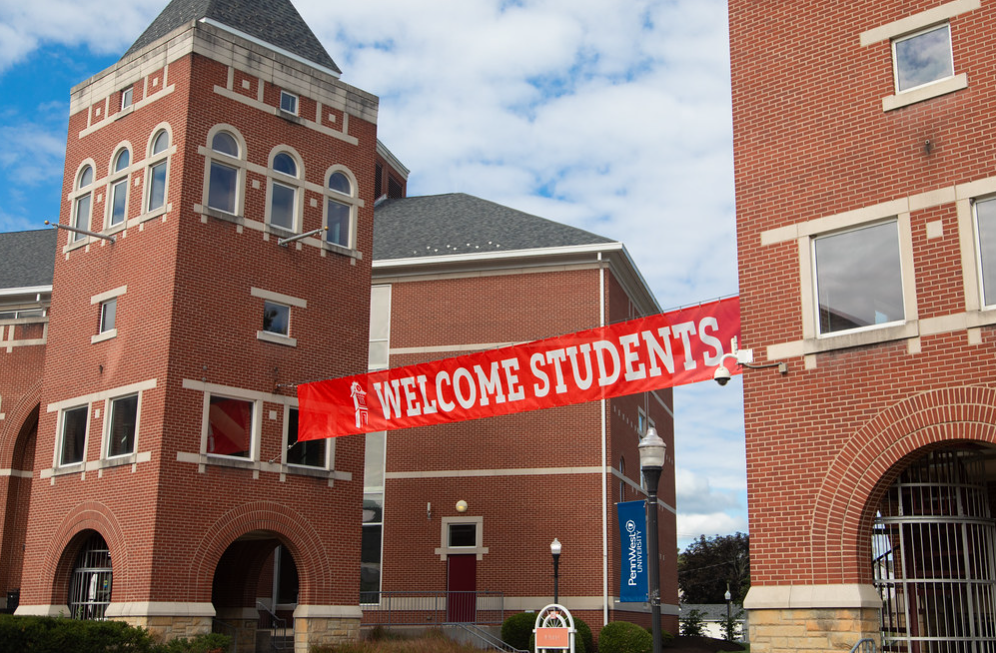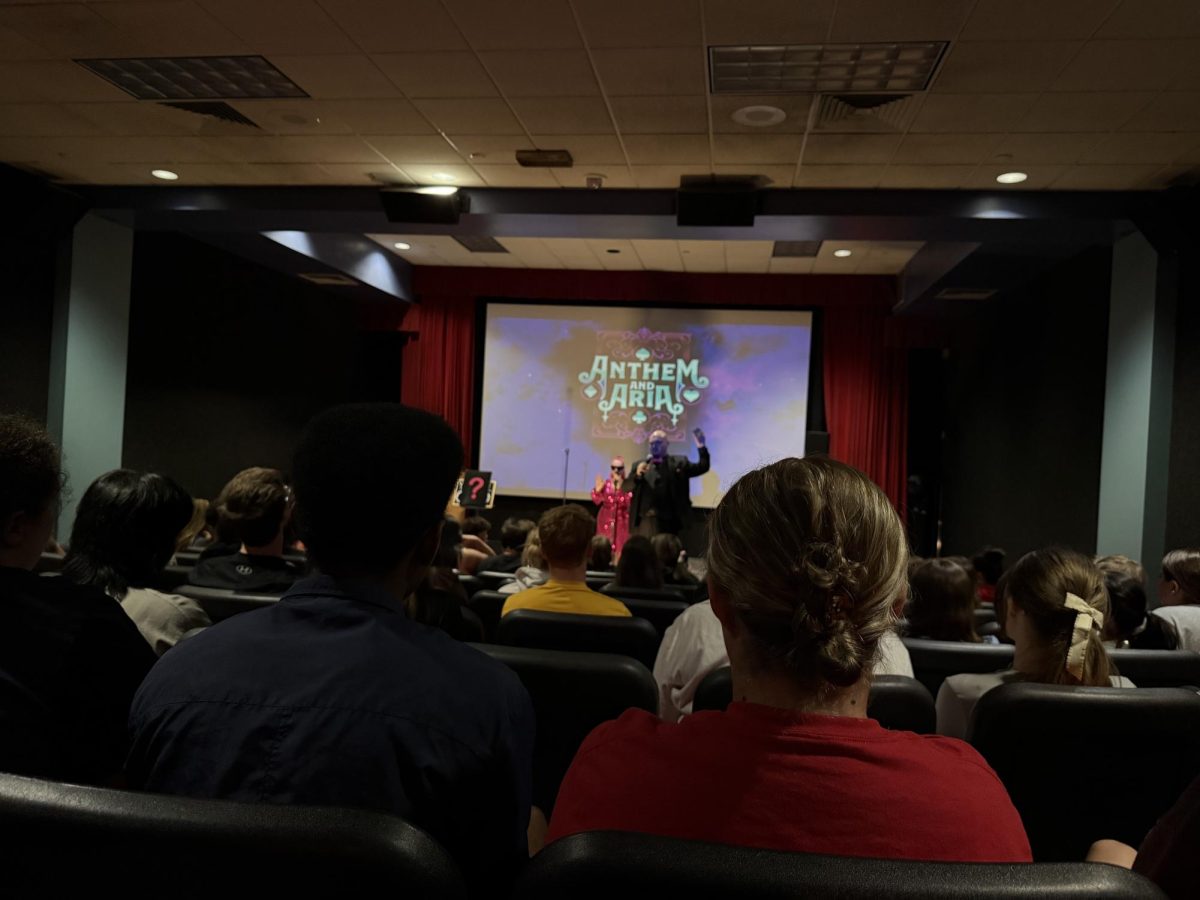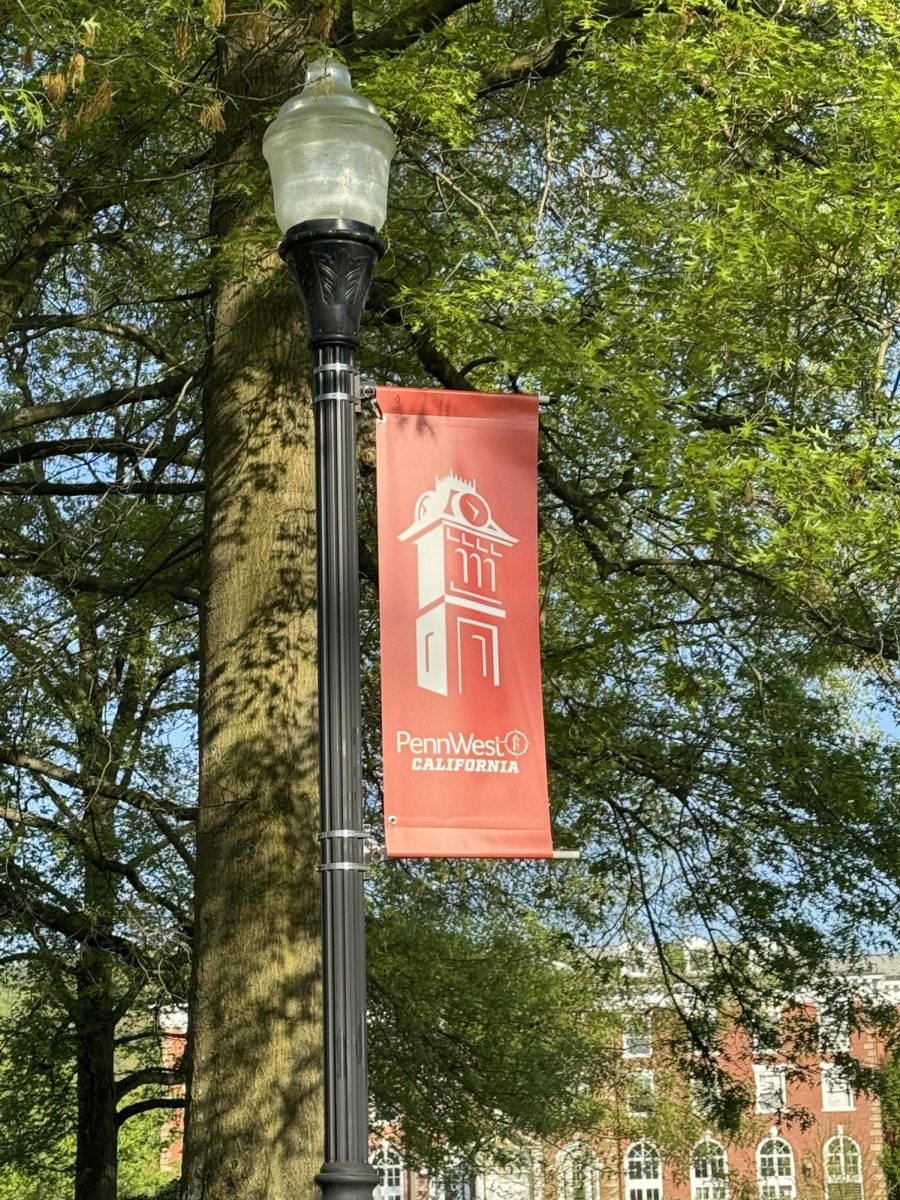At PennWest, the Behavioral Intervention Team (BIT) plays a pivotal role in fostering a supportive environment for students who may be at risk of struggling socially, mentally, or physically. This interdisciplinary alliance of professionals is tasked with identifying and addressing concerning behaviors before they escalate, ultimately enhancing student success and retention.
Jim McGee, Director of the Center for Wellness, Clarion, described the primary purpose of BIT. The Behavioral Intervention Teams is an early intervention program that allows members of the campus community to submit concerns they may have about a PennWest student.
This proactive approach enables faculty, staff, and fellow students to submit a report about a student who may be exhibiting concerning or troubling behaviors. The team meets weekly to review these referrals and develop reasonable plans to address each report and provide support to students at their request.
Rachel Michaels, Associate Director for Wellness, elaborated on the types of concerns that often lead to referrals. She explained, “It really does range, a broad range of different reasons. So, there’s not one specific, but it’s just for the most part, it’s from someone who had an interaction with a student that caused concern.”
Students may suddenly stop attending classes, send alarming emails, or display signs of distress in their living environment.
Once a referral is made, BIT provides various resources and support for the student in need. This support network extends to mental health services, case management, and referrals to academic support, ensuring that students receive comprehensive care tailored to their individual situations.
Michaels emphasized the team’s role in connecting students with appropriate services, “We’re able to meet students who just really don’t know where else to go. I’ve met with students who are like, ‘I can’t find tutoring. Where do I go?’
The BIT operates under a developmental approach, acknowledging that behavioral issues may signal underlying challenges.
McGee noted, “With offering BIT trainings across all three campuses, the number of referrals has increased, and more supports have been offered”.
This trend shows the importance of early intervention, as it not only impacts student retention but also affects the overall learning environment.
BIT functions as a partner in retention by enhancing both student and campus wellness. The team monitors campus climates, provides an early alert function for at-risk students, and ensures access to necessary resources.
“We’re part of retention,” McGee stated, emphasizing the team’s integral role in fostering a supportive campus environment.
Faculty, staff, and students play an important role in this process, as referrals can originate from anyone in the campus community who is concerned about a student’s well-being.
As McGee explained, “There’s no such thing as a bad referral because people who are submitting, they don’t know who else is submitting referrals.”
This collaborative approach allows the team to piece together a comprehensive understanding of a student’s situation, which can then guide their interventions.
The goal is to continue to raise awareness of the BIT team and campus resources. McGee stated, “both trainings offered, and BIT referrals have increased this semester across PennWest.”
Despite the ongoing efforts to promote these resources, many students remain unaware of the support available to them. To address this gap, BIT conducts trainings for faculty and staff, encouraging them to recognize warning signs and submit referrals when necessary.
“We offer BIT trainings,” Michaels explained, noting that staff can access training through the MyPennWest portal.
These trainings help ensure that everyone on campus is equipped to confidently submit a BIT report about students who may be struggling. The BIT also collaborates with various campus departments and community resources to provide extensive support for students facing challenges such as food insecurity or homelessness.
Michaels said, “There is a food pantry on each campus,” noting that BIT connects students with these essential resources.
The BIT works closely with external agencies to address complex issues that may arise, ensuring that students receive comprehensive support tailored to their needs. As part of their commitment to continuous improvement, BIT regularly evaluates their processes and seeks feedback from team members.
McGee explained, “Each BIT team meets weekly and as a whole group at least once a year or more if needed.”
This ongoing dialogue helps the team identify areas for enhancement and adapt to the evolving needs of the student body. A BIT referral is not needed in order for students to seek help on their own.
Michaels stated that supportive services are available during hours of operation at each campus, and community supports are available during evenings, weekends, and semester breaks. This accessibility ensures that students have a safe space to express their concerns and receive immediate support.
Penn West’s Behavioral Intervention Team exemplifies the university’s dedication to maintaining a nurturing and responsive academic environment. By fostering collaboration among faculty, staff, and students, BIT is not only addressing immediate behavioral concerns but also promoting a culture of wellness and proactive support on campus.
As McGee concluded, “The more people that know the process, the more likely they are to make referrals,” emphasizing the importance of awareness and community in creating a safe and supportive experience for all students.













